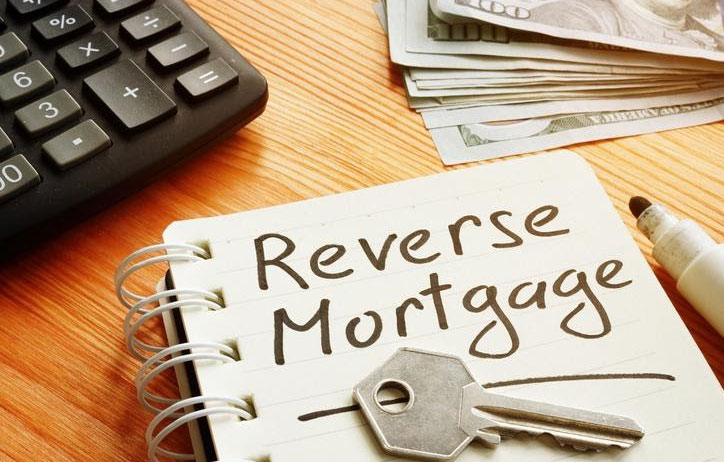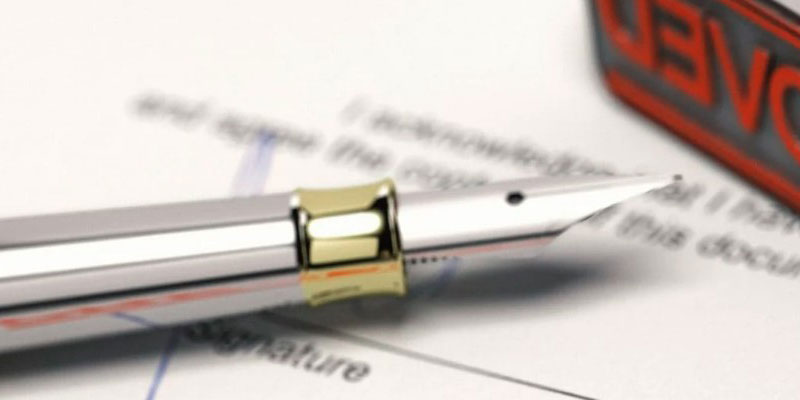The automatic stay triggered once a bankruptcy petition is filed gives instant relief from debt. As your bankruptcy case has been submitted, creditors are prohibited by law from contacting you in any way. This legislation applies immediately.
Additionally, it puts an immediate end to the garnishment of wages. Before diving in headfirst, you must figure out if declaring bankruptcy will benefit you. The filing of a bankruptcy petition is a strong instrument for relieving debt, and it has assisted a great number of individuals.
However, you will need to evaluate whether or not this option is appropriate for your particular financial circumstances. Certain debts, such as alimony, most student loans, and recent tax arrears, cannot be discharged through the bankruptcy process and are thus not eliminated by the discharge.

What Is Bankruptcy?
Individuals, partnerships, and companies whose obligations have grown so demanding that they don't feel they can pay them can file for bankruptcy, a court procedure in which a judge and a court trustee analyze the assets and liabilities of the entity filing for bankruptcy.
The court will determine whether or not the debts will be discharged. When someone owes money receives a "discharge," it signifies that they are released from the obligation to pay the debt. If the court determines that the individual or company has sufficient assets to pay its debts, it may dismiss the case.
When people's financial situations became unmanageable, lawmakers enacted legislation allowing them to file for bankruptcy and begin a new life. Whether the collapse resulted from poor choices or unlucky circumstances, legislators might understand that a second chance is an essential backstop in a capitalist market if they only opened their eyes.

Who Files For Bankruptcy?
Most people and firms that declare bankruptcy have many more financial obligations than available funds to meet them, and they do not anticipate this situation improving shortly. On the other hand, bankruptcy is frequently an effective instrument for financial planning when it is necessary to restructure the terms of existing obligations.
Still, the debtor does not have the funds to repay the debts. It frequently occurs when individuals must repay mortgage arrears or taxes through a structured repayment plan. It might be a surprise that individuals, and not organizations, are the ones who file for bankruptcy the most frequently.
They may have financial obligations like a mortgage, credit card debt, vehicle loan, or student loan, but they cannot pay the money back since they do not have enough income. In the year 2021, there were 413,616 petitions for bankruptcy filed. Businesses only submitted a total of 14,347 forms.
Another thing that came as a complete shock was that most persons who filed for bankruptcy were not rich. Those who file for bankruptcy under Chapter 7 have median salaries in the low $30,000s to low $40,000s, while those who file under Chapter 13 have median incomes in the high $20,000s to high $30,000s.
Has Filing For Bankruptcy Benefits Beyond Just Eliminating Debt?
Filing for bankruptcy releases you from overwhelming debt and allows you to begin fresh financially. In addition, it frees you from the stress caused by persistent and intrusive efforts made by creditors to recover past-due debts.
When you file for bankruptcy, you immediately become eligible for an automatic stay of proceedings. It will immediately alert the creditors of your status and prevent them from contacting you through telephone, email, or regular mail sent by the United States Postal Service. Your creditors may want you to meet with them and field questions regarding your debt amount. Your attorney can attend this meeting with you as well.
How Does Declaring Bankruptcy Affect My Credit?
Declaring bankruptcy admits that you cannot or will not pay your payments when they are due, which may have disastrous implications on your credit score. The two types of bankruptcy are similar, yet significant distinctions exist between them.
For up to 10 years after a chapter 7 bankruptcy discharges your obligations, the bankruptcy itself may still appear on your credit report. However, the structure of chapter 13 bankruptcy is more beneficial from a credit viewpoint since you continue paying down at least some of your obligations, which will remain on your credit report for seven years.
However, you may have trouble being approved for credit, especially on good terms, just after your bankruptcy is discharged. The good news is that options are open to you since certain lenders are dedicated to assisting borrowers with poor credit or who have just filed for bankruptcy.
Monitor Your Credit While Doing Bankruptcy
Because filing for bankruptcy can negatively impact your credit history and your ability to accomplish certain things in the future, it is essential to keep checking on your credit scores both throughout the process of filing for bankruptcy and as you work toward recovering from the experience.
While doing this, keep an eye on how different activities affect your credit scores and look for any inaccuracies or bad information that might negatively impact your score. And you discover something on your credit report that does not belong there.
In that case, you can contest its inclusion by filing a dispute with the relevant credit reporting organizations. You will better understand how to raise your credit score over time and maintain it in a favorable spot if you continue monitoring it throughout and after the bankruptcy process.
Conclusion:
Eliminating certain debts is the primary advantage of bankruptcy, but it has severe negative implications. The most evident is that bankruptcy will significantly negatively impact your credit score immediately and will stay on your record for 7-10 years. Borrowing money for items like a business or a house may become prohibitively expensive or unattainable.




